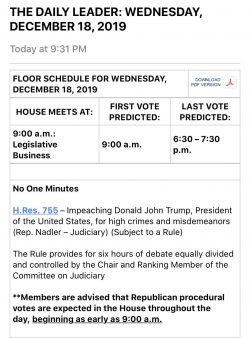Were 63 Canadians murdered by Iranian armed forces?
That is what the New York Times’ Nicholas Kristof is asking this terrible morning:
Unconfirmed via Al Hadath: The downed Ukrainian aircraft outbound from #Tehran was accidentally shot down by Iranian AA units. https://t.co/5R8gnh4S89
— The Intel Bear (@IntelCrab) January 8, 2020
If that turns out to be the case, Iran has committed an act of war against Canada. The League of Nations, among others, define an act of war as an attack by a state’s land, naval or air forces, with or without a declaration of war, on the territory, vessels or aircraft of another state. So this would appear to qualify, if true.
This morning, the government advised Canadians to “avoid non-essential travel” to Iran. That seems to lack the requisite emphasis, but maybe that is the way Global Affairs expresses itself.
In any event, in the case of the burgeoning Iran-U.S. undeclared war, Canada’s desire to render itself very small hasn’t worked. The families of those murdered Canadians are going to demand answers and action.
We’re involved now, whether we like it or not.


